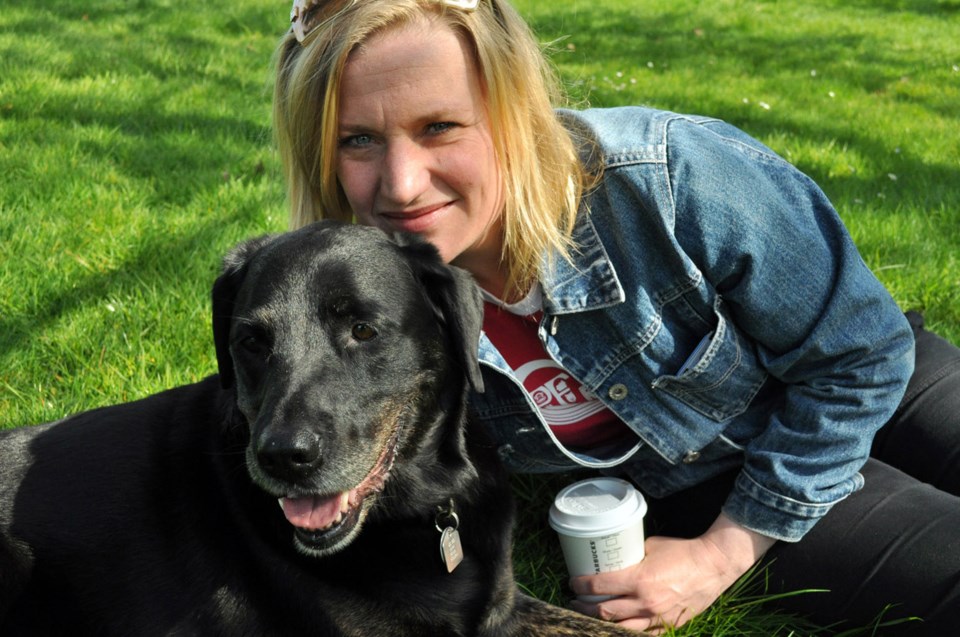Burnaby council is adding cats to the sterilization list with rabbits before they're sold at city pet stores, but a local animal advocate says it's still not enough to address the real animal cruelty issue.
At the Feb. 17 meeting, council approved another change to the animal control bylaw since it was overhauled last fall, and that is to include the sterilization of cats prior to sale, or a voucher system to cover the cost.
"Business owners would be responsible for funding the program and the voucher provided to the consumer would be required to cover 100 per cent of the procedure costs," said Denise Jorgenson, director of finance. "Enforcement would be accomplished by random inspections conducted by the B.C. SPCA."
Any pet store failing to meet the new bylaw amendment would be subject to a $500 fine.
Burnaby resident Kathy Powelson, executive director of Paws for Hope Animal Foundation, says the change could potentially address the feral cat problem in the city.
"What it doesn't do is it doesn't address the acquisition of these cats - our argument was twofold," she told the NOW. "It was cats sold in pet stores increasing the homeless population, but also these cats are coming from inhumane conditions, as well. They're coming from breeding mills, irresponsible backyard breeders, so requiring sterilization before sale doesn't address that at all."
Powelson noted it also doesn't address what happens to the cat after it's sold.
"It's better than nothing, but it's very disappointing," she added.
Powelson said it may not be economically viable for a pet store to sell the cat if it has to pay more for each cat.
"They're either going to have to raise the price or they're going to have to take that loss," she said, noting it could mean no more cats for sale in stores. "Maybe there's a silver lining, but that remains to be seen."
A city staff report states the legal department acquired an outside opinion on the matter of requiring only B.C. animals be sold at local stores, but it advised that a limitation on animal sales in pet stores requiring them to be born and raised in B.C. would contravene international trade agreements.
Mayor Derek Corrigan said it's another example of trade agreements affecting local government.
"You read through this report and realize here we wanted to be able to put in a provision, in fact pet stores could only sell animals raised here in B.C., that was the effort made in order to stop the puppy mills that exist particularly in the U.S.," Corrigan said. "We know the conditions here, we can control the conditions in which those pets are raised.
"This is the kind of chilling effects it has on local governments day to day to day."
However, Powelson says requiring B.C.-bred animals would not have been a better alternative.
"Even if it's B.C. bred, it's not coming from humane conditions either because no reputable breeder would sell a pet through a pet store," she said. "In order for a B.C. breeder to be registered with the kennel club, there's a stipulation in their bylaws ... that says registered breeders with the Canadian Kennel Club cannot sell puppies through pet stores."
The recent amendments also do not address the conditions pets are held in, in stores.



